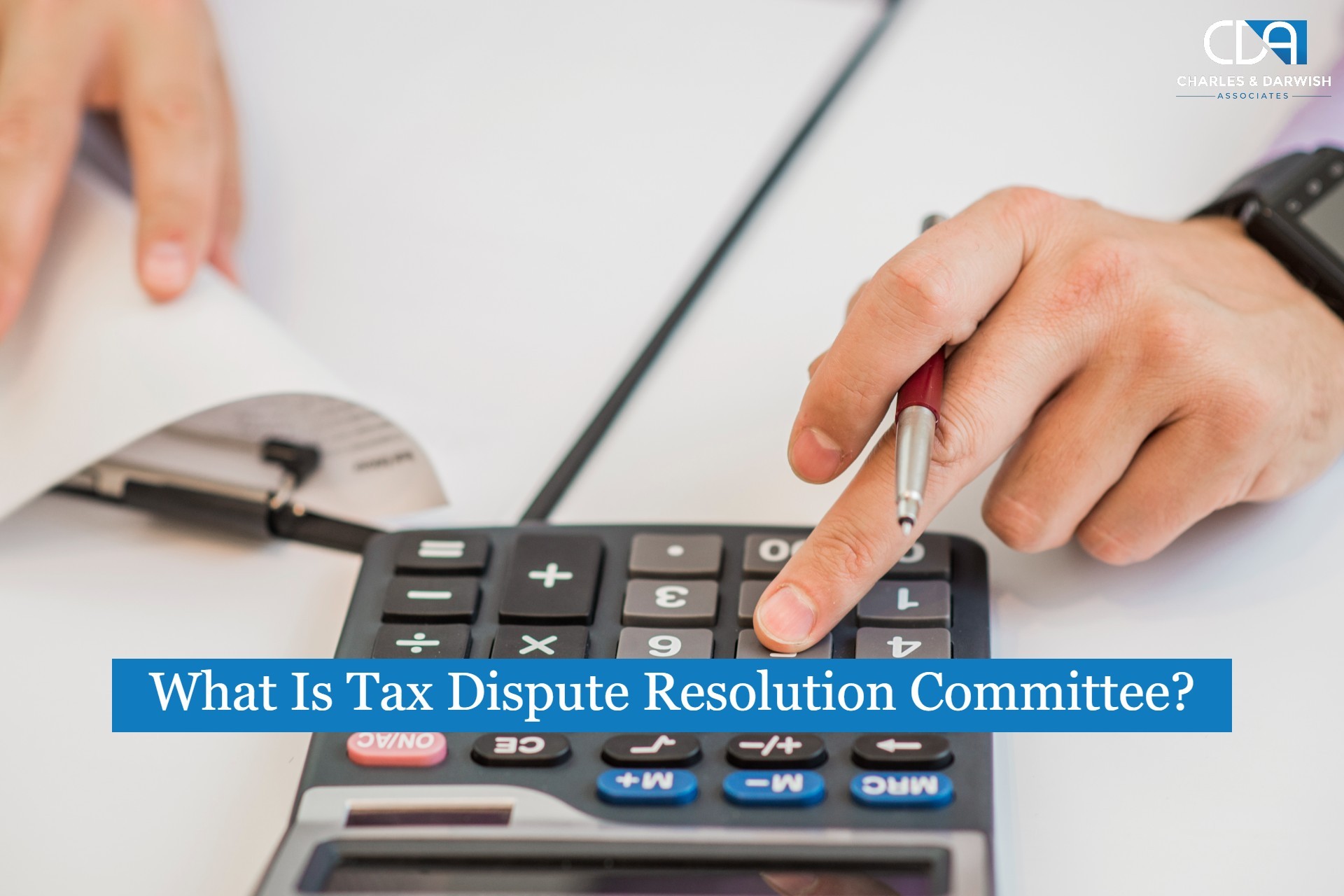UAE Exempts Late Registration Fines Under the New Corporate Tax Law
The UAE Cabinet implemented a new policy that exempts companies from paying fines for delayed corporate tax registration to boost compliance and support businesses. This action emerged simultaneously from the Ministry of Finance and the Federal Tax Authority to serve as part of a national initiative focused on easing financial responsibilities for companies.
The Cabinet decision applies to businesses and certain categories of individuals subject to the new UAE corporate tax law. It exempts them from previous arrears arising from late registration, subject to a very critical condition: submitting the tax return or annual declaration within seven months after the end of their first tax period.
Creating a Fair and Flexible Tax System
This step comes at a propitious time since the UAE is implementing its first-ever federal corporate tax to diversify government revenues beyond oil and establish a robust, competitive economic structure. The corporate tax law came into effect officially for financial years starting on or after June 1, 2023.
The majority of the companies, especially the small and medium-sized enterprises (SMEs), had also complained about a lack of administrative preparedness and sensitivity to the new taxation demands. The exemption from the penalty indicates that the government aimed to induce voluntary compliance and smooth the transition of the companies into the new regime.
"The initiative is part of our ongoing effort to provide a facilitative environment for businesses to flourish," replied a Federal Tax Authority spokesperson. "We realize the challenges being faced by businesses in the initial phase of taxation and are keen to provide relief where necessary."
Who Qualifies for the Fine Waiver?
To benefit from the waiver, companies must ensure they qualify. Above all else, they must submit their tax return or annual declaration, whichever is applicable, within seven months from the closing of their first tax period.
For example, if a company's initial tax period ends on December 31, 2024, it has to submit its tax return by July 31, 2025, to take advantage of the exemption. These compliant enterprises not only will not incur a penalty but can also recover an administrative fine paid under similar situations in advance.
The FTA ensured that it was putting procedures in place to facilitate such refunds efficiently. Taxpayers will soon have access to sound instructions and procedures for reimbursement.
Encouraging Early Compliance
According to the Ministry of Finance, this action supports the overall objectives of the Corporate Tax Law, such as enhancing transparency, enhancing government revenues to be used in the development of the public sector, and aligning the UAE's tax procedures with global standards.
By encouraging early compliance, the scheme also aims to reduce future tax disputes and encourage a culture of self-regulation among companies.
The move has been welcomed by business leaders and industry professionals who view it as a positive step towards creating a more responsive and fairer tax system.
Strengthening Global Competitiveness
The move also aims to enhance the UAE's standing in global competitiveness and business economy rankings. Through the elimination of administrative barriers and the promotion of a friendly regulatory environment, the government is also making the UAE an attractive destination for entrepreneurs and investors.
The authorities explained that the waiver is a reflection of the UAE's broader vision of building sustainable growth and a knowledge-based economy. Through such policy decisions, the country reiterates its commitment to enabling businesses to thrive in an evolving and dynamic global economy.
Next Steps for Businesses
The FTA encourages all corporate tax-paying companies to check their schedule of compliance and submit their tax return on time. Additional clarifications and notifications pertaining to the process of refunding and other bureaucratic processes will appear on the website of the FTA and information portals in the following weeks.
As the UAE continues to evolve its corporate taxation, the government's balanced approach, offering regulatory restraint and operational support, will be a model for effective tax policy in the region.

Mitesh Maithia
Tax Manager
Mitesh is a Tax Professional with expertise in direct, indirect, and international taxation, including transfer pricing, since 2018. Passionate about making complex tax matters simple, he shares insights to help businesses stay compliant and forward-looking.














